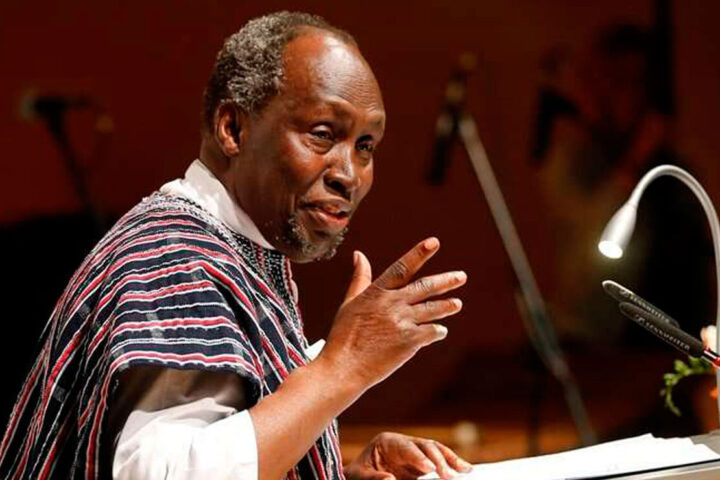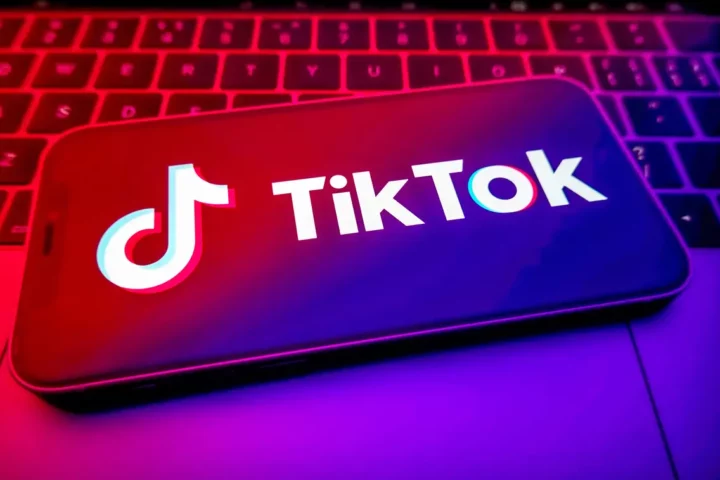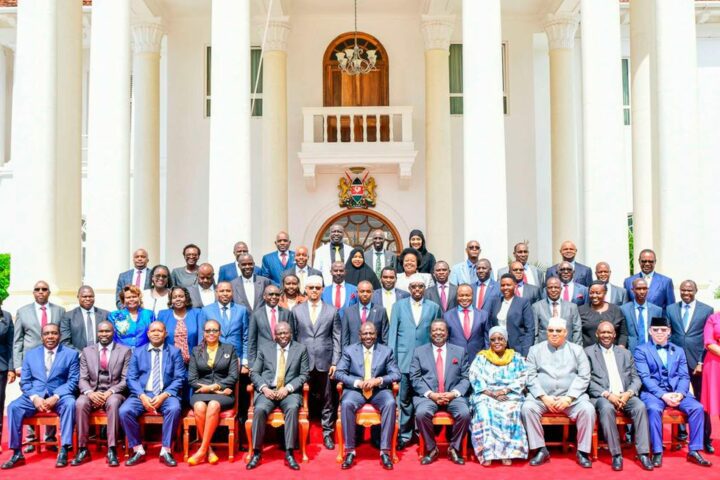A man widely seen as the godfather of artificial intelligence (AI) has quit his job, warning about the growing dangers from developments in the field.Geoffrey Hinton, aged 75, announced his resignation from Google in a statement to the New York Times, saying he now regretted his work.
He said some of the dangers of AI chatbots were “quite scary”.
“Right now, they’re not more intelligent than us, as far as I can tell. But I think they soon may be.” Dr Hinton also accepted that his age had played into his decision to leave the tech giant. “I’m 75, so it’s time to retire.”
Dr Hinton’s pioneering research on deep learning and neural networks has paved the way for current AI systems like ChatGPT. But the British-Canadian cognitive psychologist and computer scientist said that the chatbot could soon overtake the level of information that a human brain holds.
“Right now, what we’re seeing is things like GPT-4 eclipses a person in the amount of general knowledge it has and it eclipses them by a long way. In terms of reasoning, it’s not as good, but it does already do simple reasoning.
“And given the rate of progress, we expect things to get better quite fast. So we need to worry about that.” In the New York Times article, Dr Hinton referred to “bad actors” who would try to use AI for “bad things”.
When asked to elaborate on this, he replied: “This is just a kind of worst-case scenario, kind of a nightmare scenario. “You can imagine, for example, some bad actor like (Russian President Vladimir) Putin decided to give robots the ability to create their own sub-goals.”
The scientist warned that this eventually might “create sub-goals like ‘I need to get more power'”. He added: “I’ve come to the conclusion that the kind of intelligence we’re developing is very different from the intelligence we have.
“We’re biological systems and these are digital systems. And the big difference is that with digital systems, you have many copies of the same set of weights, the same model of the world.
“And all these copies can learn separately but share their knowledge instantly. So it’s as if you had 10,000 people and whenever one person learnt something, everybody automatically knew it. And that’s how these chatbots can know so much more than any one person.”
He stressed that he did not want to criticise Google and that the tech giant had been “very responsible”.
“I actually want to say some good things about Google. And they’re more credible if I don’t work for Google.”
In a statement, Google’s chief scientist Jeff Dean said: “We remain committed to a responsible approach to AI. We’re continually learning to understand emerging risks while also innovating boldly.”




























